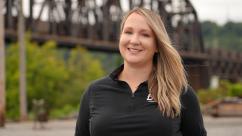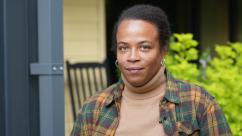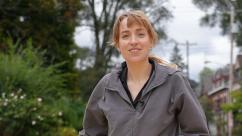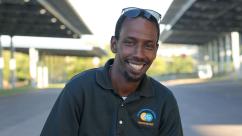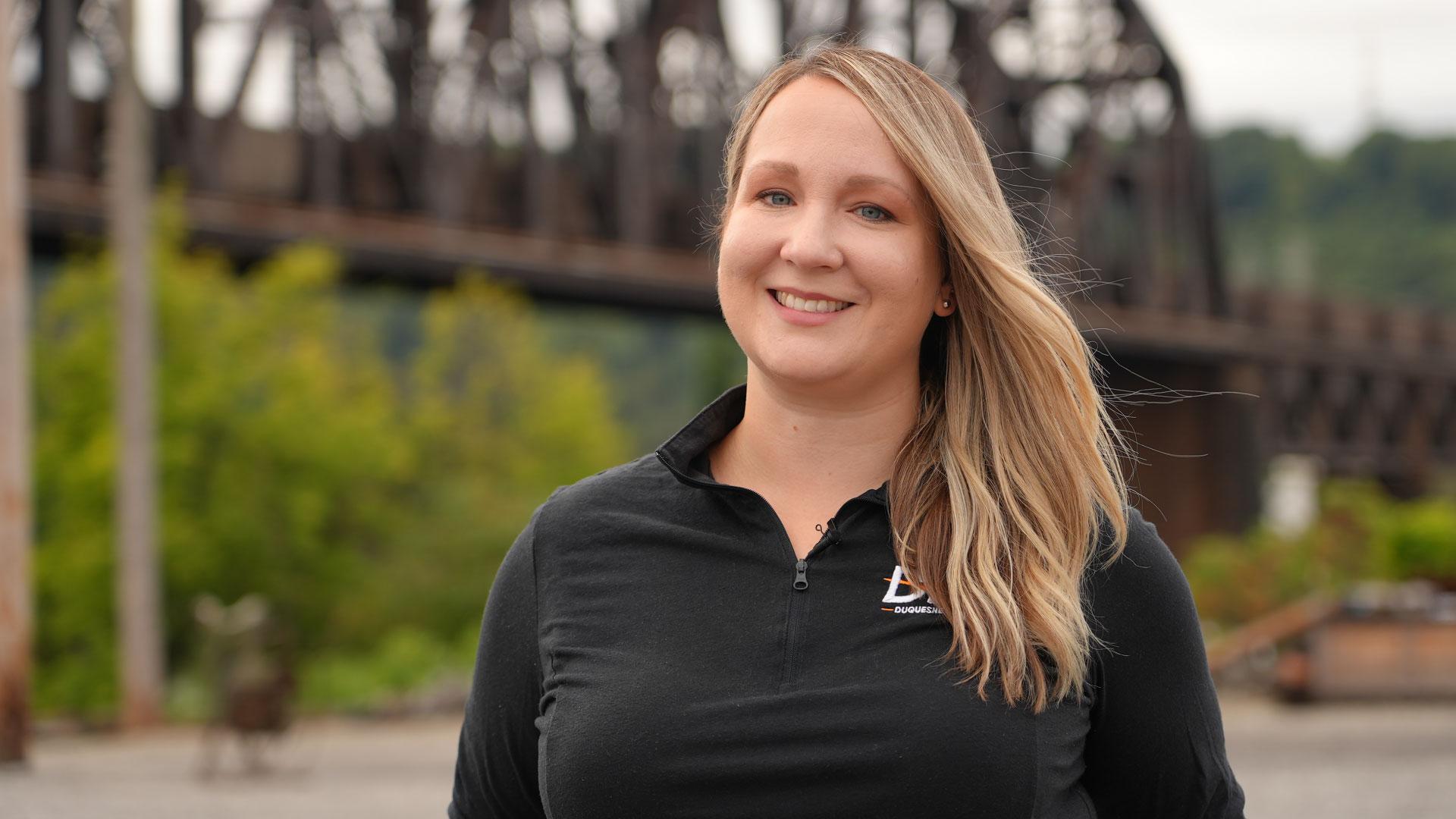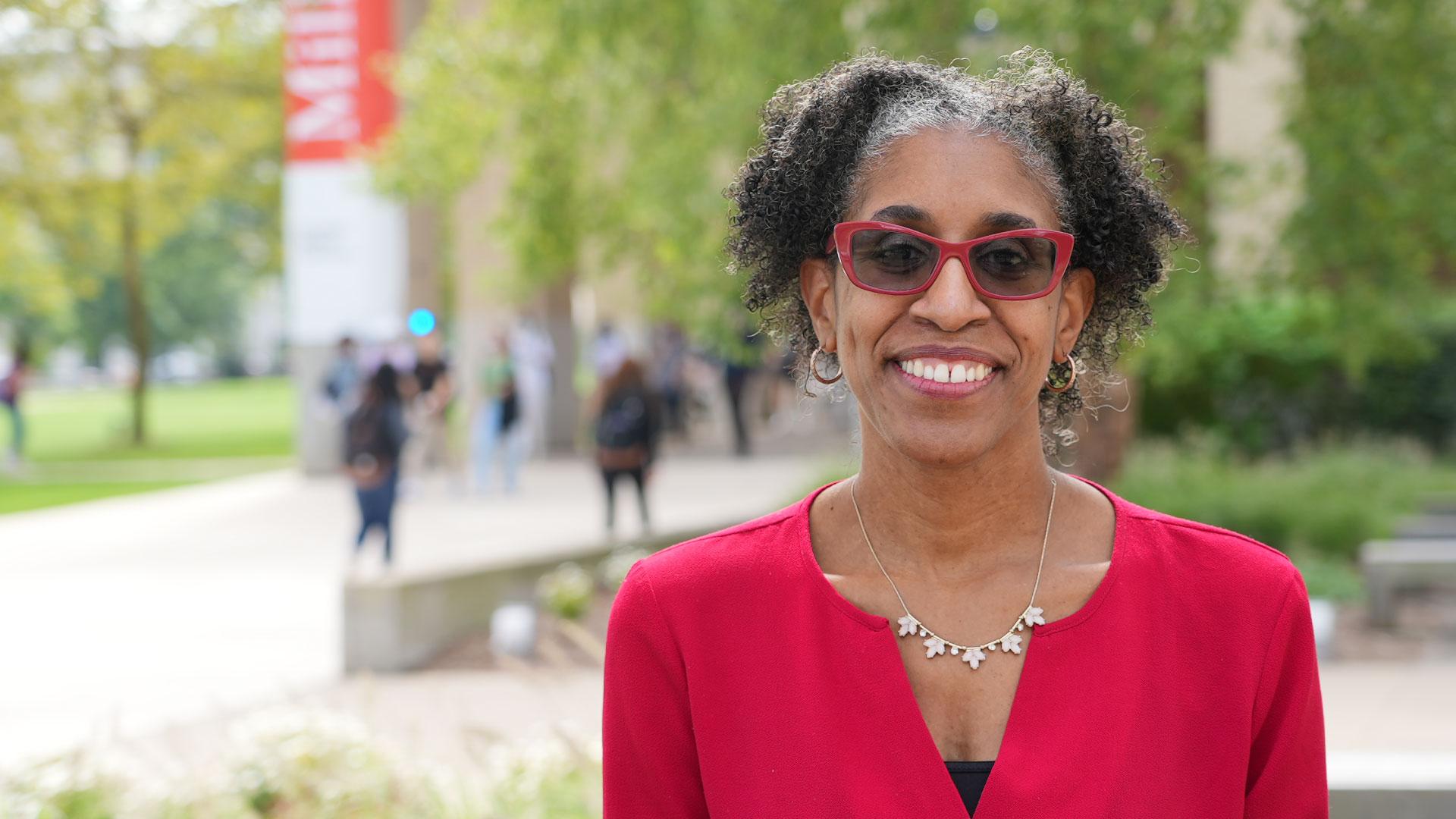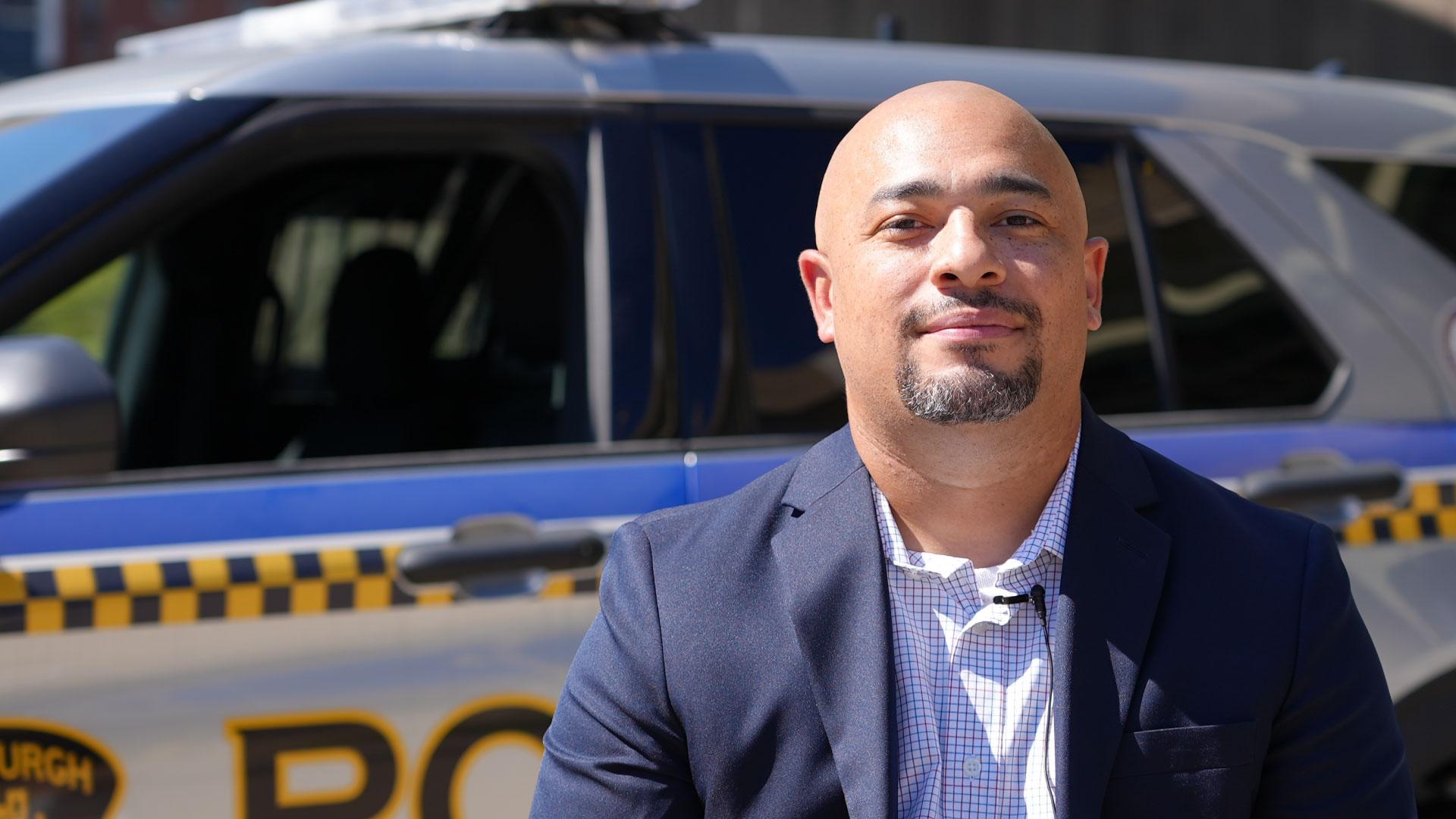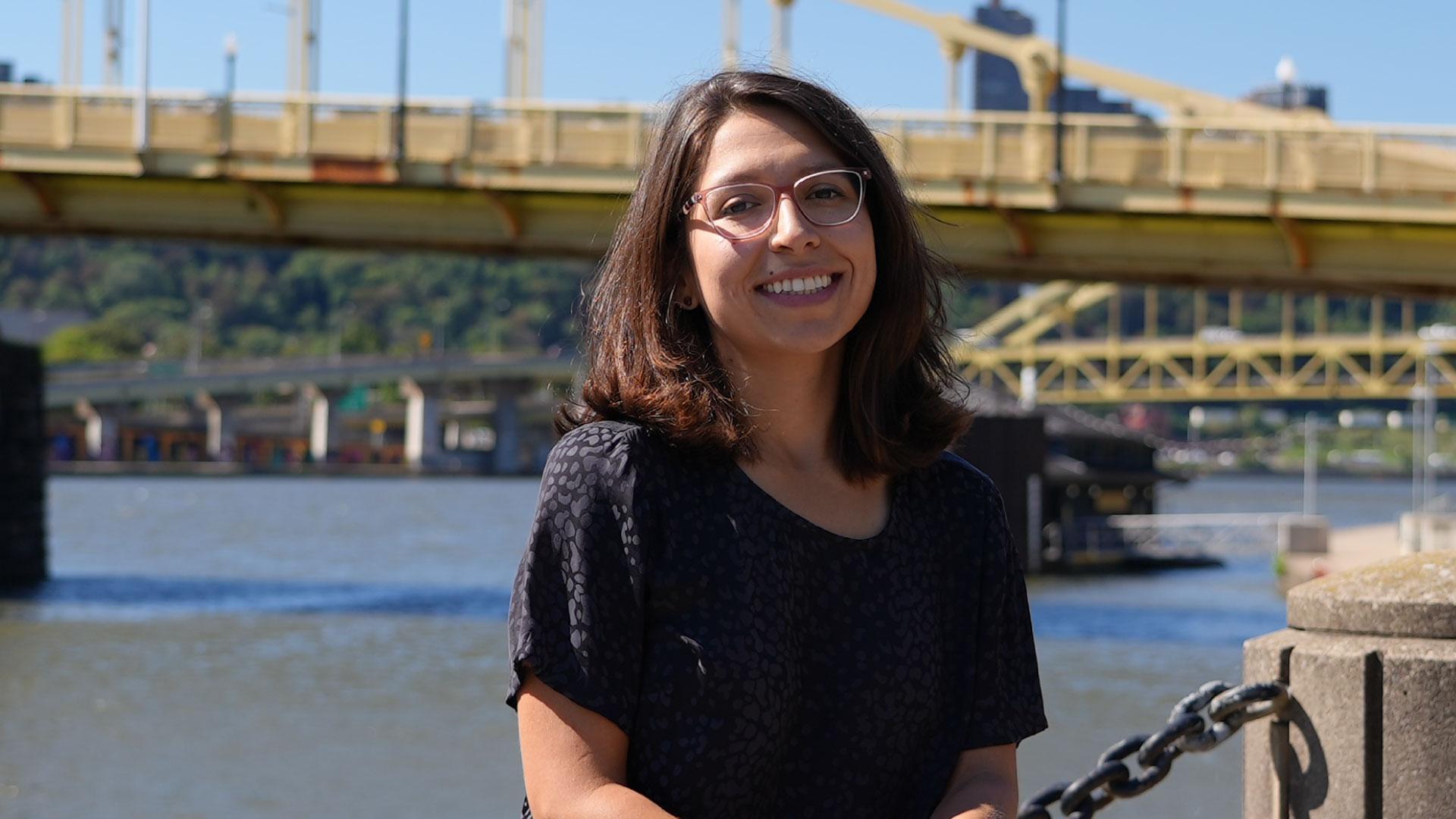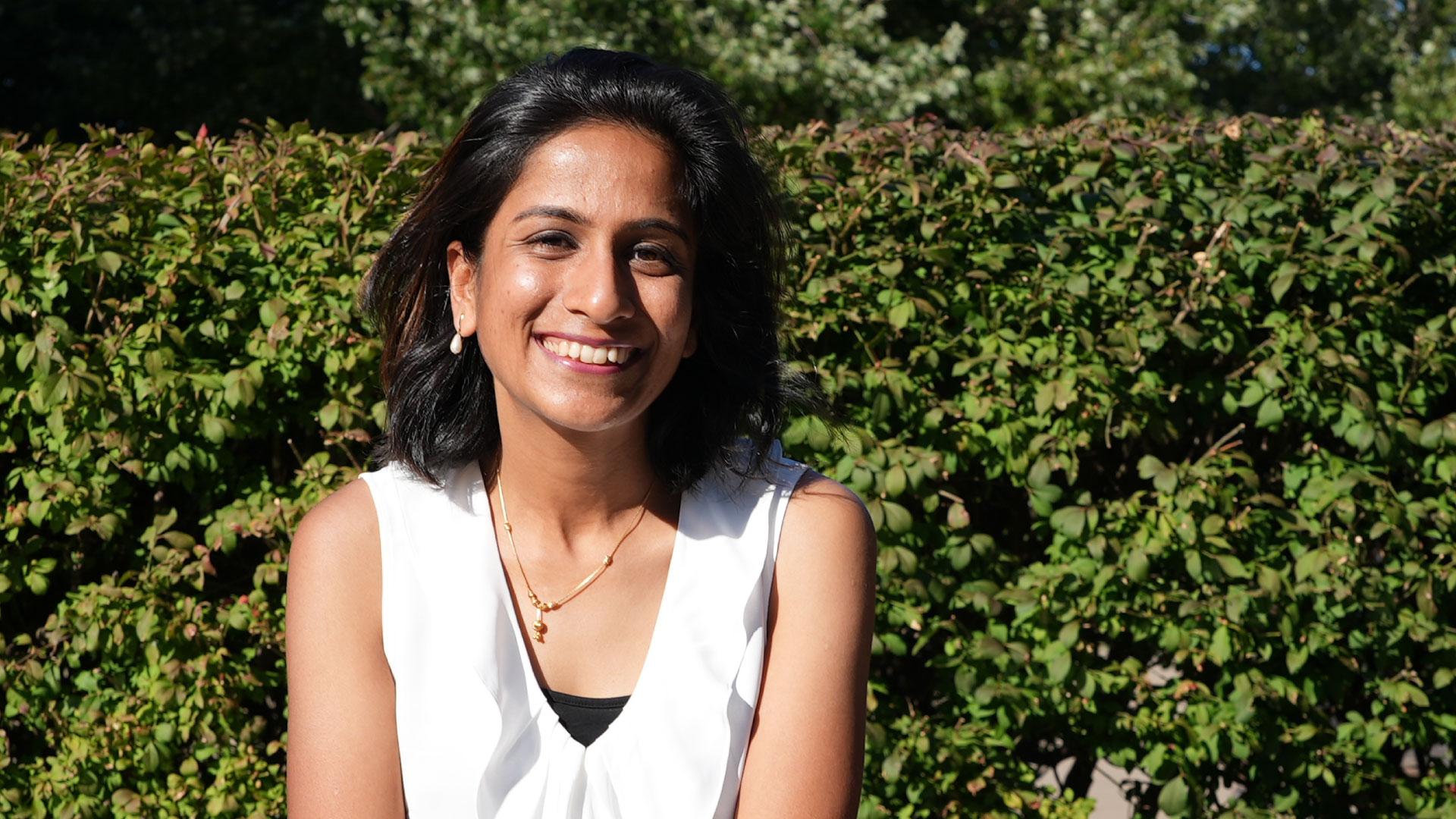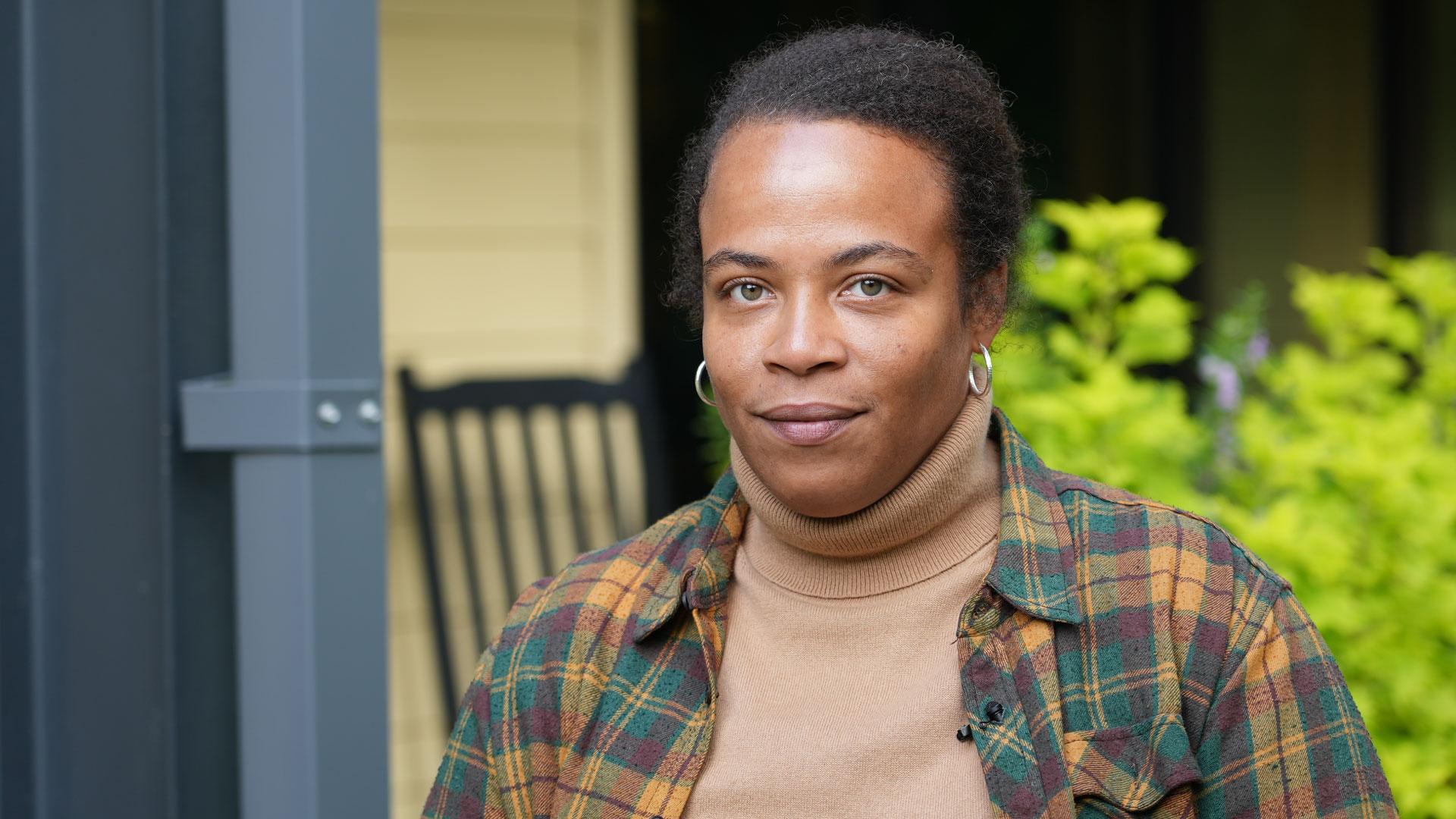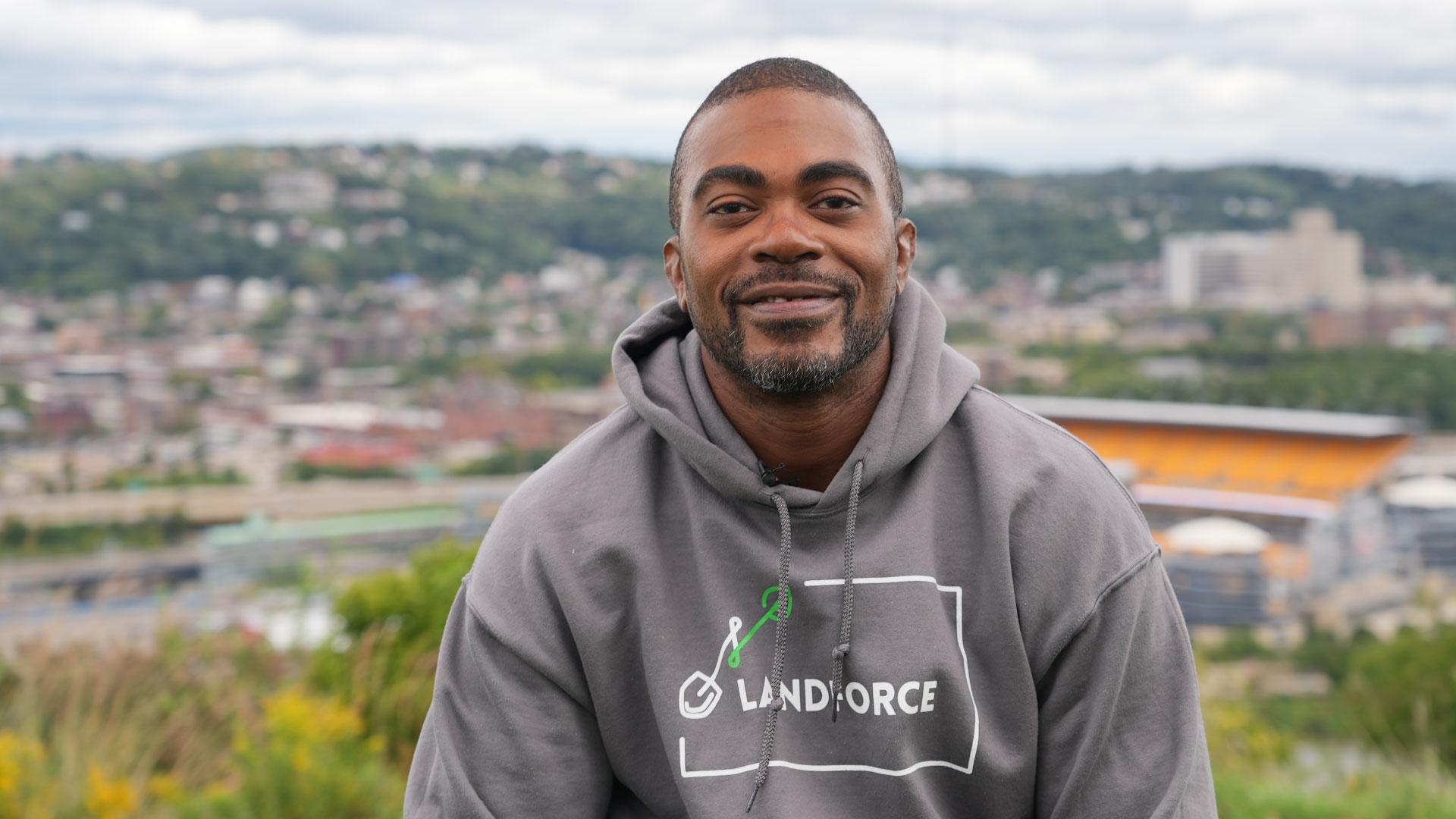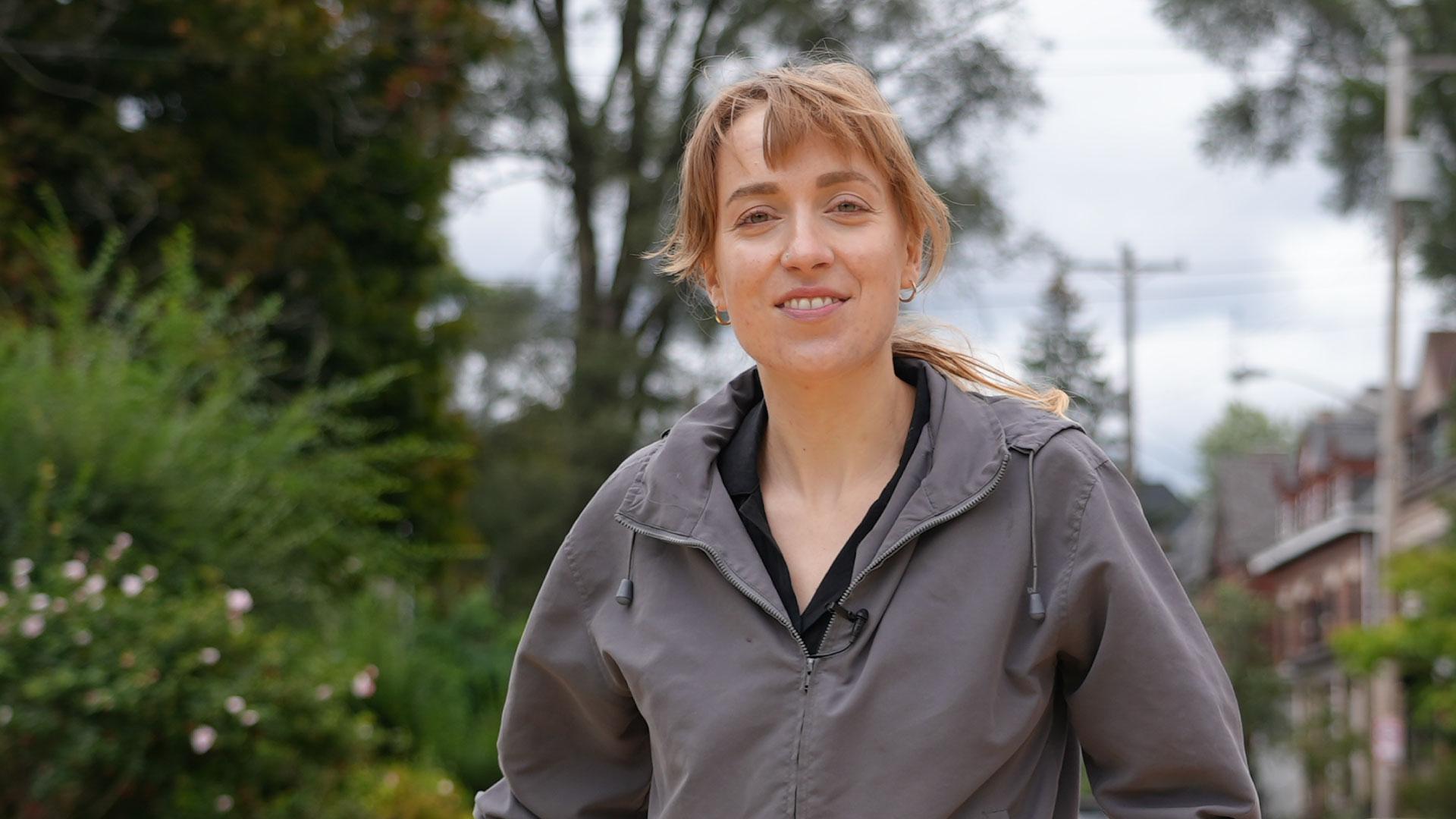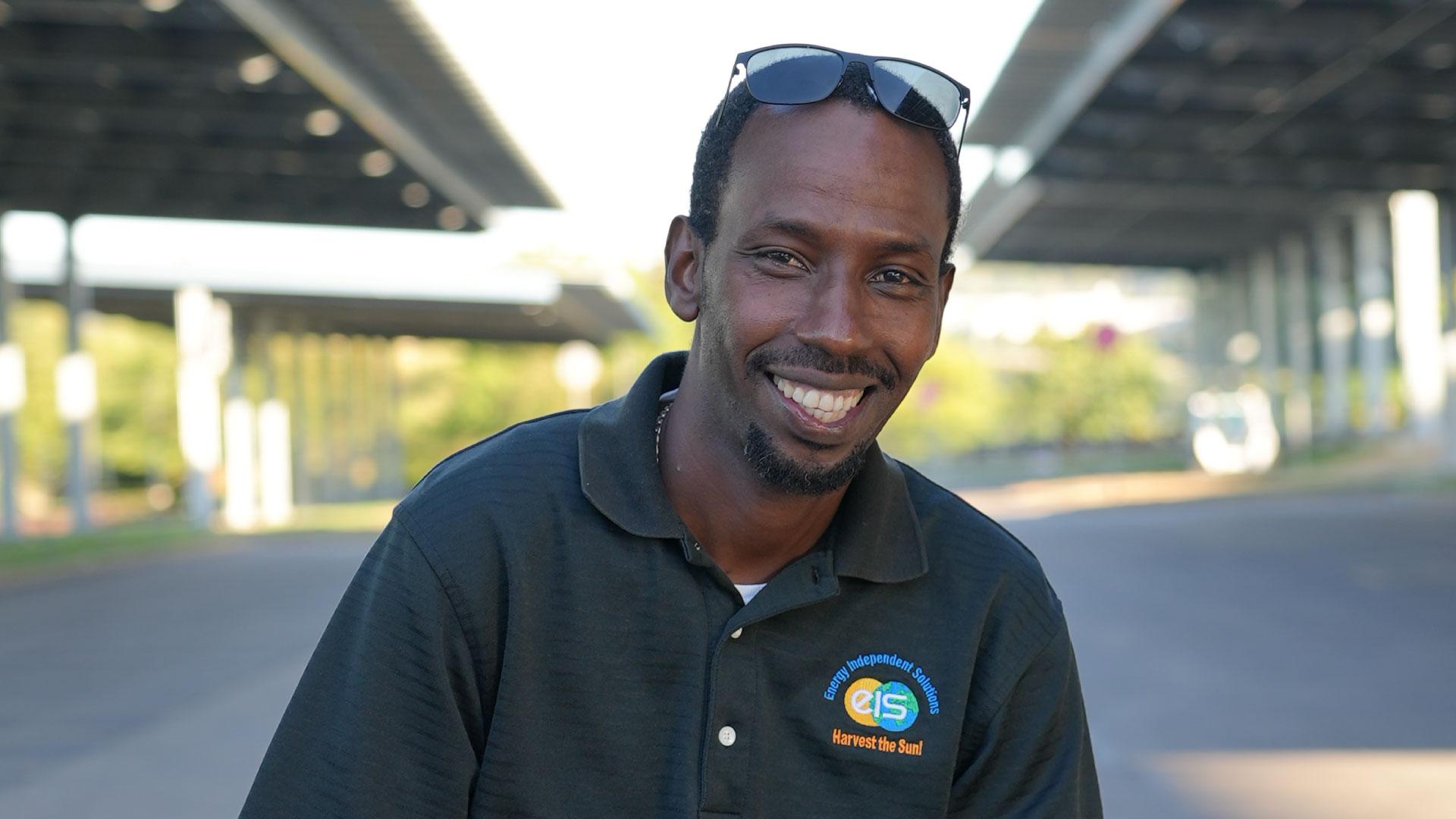Tom Mulholland: Reviving the Land Through Community Power
In this Episode
Tom’s Story
Communities know best what solutions are most beneficial because they are closest to understanding the issues. Tom Mulholland, believes that powerful solutions must be rooted in and informed by the community, and this is how he leads his work as the senior project manager at Grounded Strategies. Tom partners with community members to reclaim, restore, and revive neighborhood vacant lots in Pittsburgh. With the community's input and planning, vacant and abandoned lots become gardens, playgrounds, and gathering spaces. Restoring vacant land not only brings beauty to the places we live but is simultaneously addressing climate change by creating land sinks that help pull carbon dioxide out of the atmosphere. Tom also shares that his natural interests in creativity and curiosity have been superpowers in his career, enabling him to more deeply listen, co-design. and create something out of nothing with the help of many hands.
Discussion Questions
One of the most important things you can do when it comes to climate change is talk about it.
-
For more than a decade, Grounded Strategies has been working with communities to create livable, vibrant spaces across Pittsburgh, transforming hundreds of vacant lots and reducing emissions to help reach drawdown. What do you love most about the land in your community? Do you have ideas for how it could be improved? Would you like to see a garden, play space, wildflower meadow, or food forest?
-
What is hyper-vacancy, and how can vacant lots and abandoned land create or exacerbate issues in our communities? How can addressing underutilized land in the community through greening efforts help to provide multiple solutions to climate change?
-
Tom works with mostly underserved communities and communities of color, which are already experiencing multiple societal stressors, including increased vulnerability to climate impacts like flooding, compromised building infrastructure susceptible to intense storms, and increased air pollution due to siting of heavy industries in and around these areas. Often these communities do not have access to resources, political power, or decision-making power, contributing to environmental injustices. Tom says, “I want to see more community ownership of land. As a reconciliation, we must facilitate giving land back to communities. I love seeing a space be transformed into the vision that the community has. Especially flipping the power dynamics of who makes decisions and who holds power.” What do you think of this idea? What would be the benefits to create land ownership for the communities that live there?
-
Grounded Strategies’ approach is to listen first to community members and learn about the vision that is already in mind, and then to co-design solutions. When it comes to equitable solutions, what can we learn from listening first to the people who are most affected and prioritizing ideas from residents, rather than starting with problem-solving ideas that come from outside of the community?
Learn More
Learn about the solutions in this story.
-
Solution Sector: Land Sinks - Cluster: Protect and Restore Ecosystems
-
For more on all of the Drawdown climate solutions, visit drawdown.org/solutions.
-
Learn more about the work Tom does: Grounded Strategies, Vacant Land Facts (Infographic), Lots to Love in Pittsburgh (Video), Vacant Lots and Neighborhood Health
Explore Climate Solutions 101, the world's first major educational effort focused solely on solutions. This video series combines Project Drawdown’s trusted resources with the expertise of inspiring voices from around the world: drawdown.org/climate-solutions-101.
Take Action
-
Drawdown Ecochallenge is a fun and social way to take measurable action on the top solutions to global warming. Take the challenge, and see how a few weeks of action add up to a lifetime of change for you and the planet. If you want to take action on Land Sinks like Tom is, visit drawdown.ecochallenge.org/challenges/land-sinks.
- ChangeX connects people with proven ideas for strengthening communities with the resources needed to start them. Explore countless ways to improve your community and help the world reach drawdown.
-
Climate Generation's Green Careers for a Changing Climate Instructional Supplement (for Grades 6-8) contains resources to help young people learn about Green STEM Careers — careers that can help solve the impacts of climate change using STEM skills. Throughout this instructional supplement, students will be using the resource Drawdown to make important connections to solutions that these careers will implement.
Sign up to receive updates, provide ideas, and tell us how you might share Drawdown’s Neighborhood in your community.



